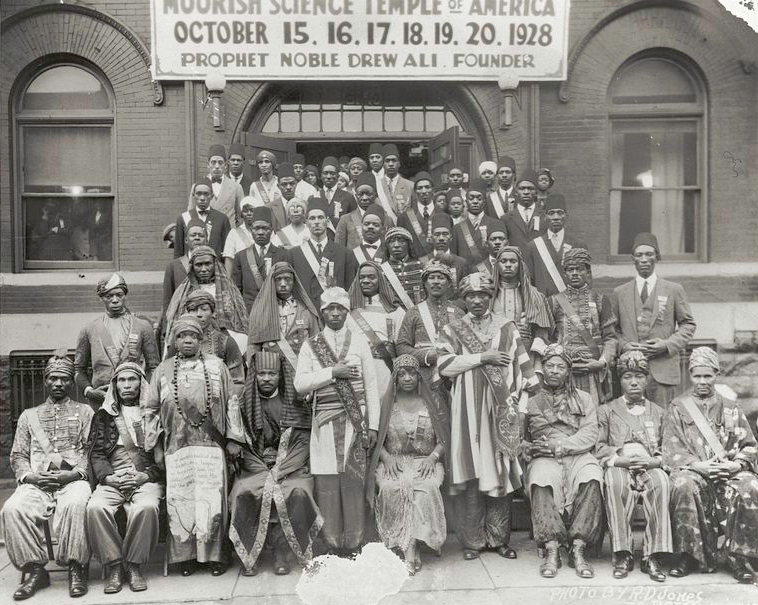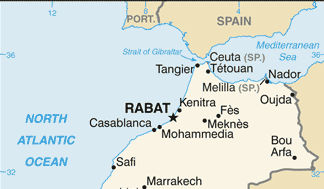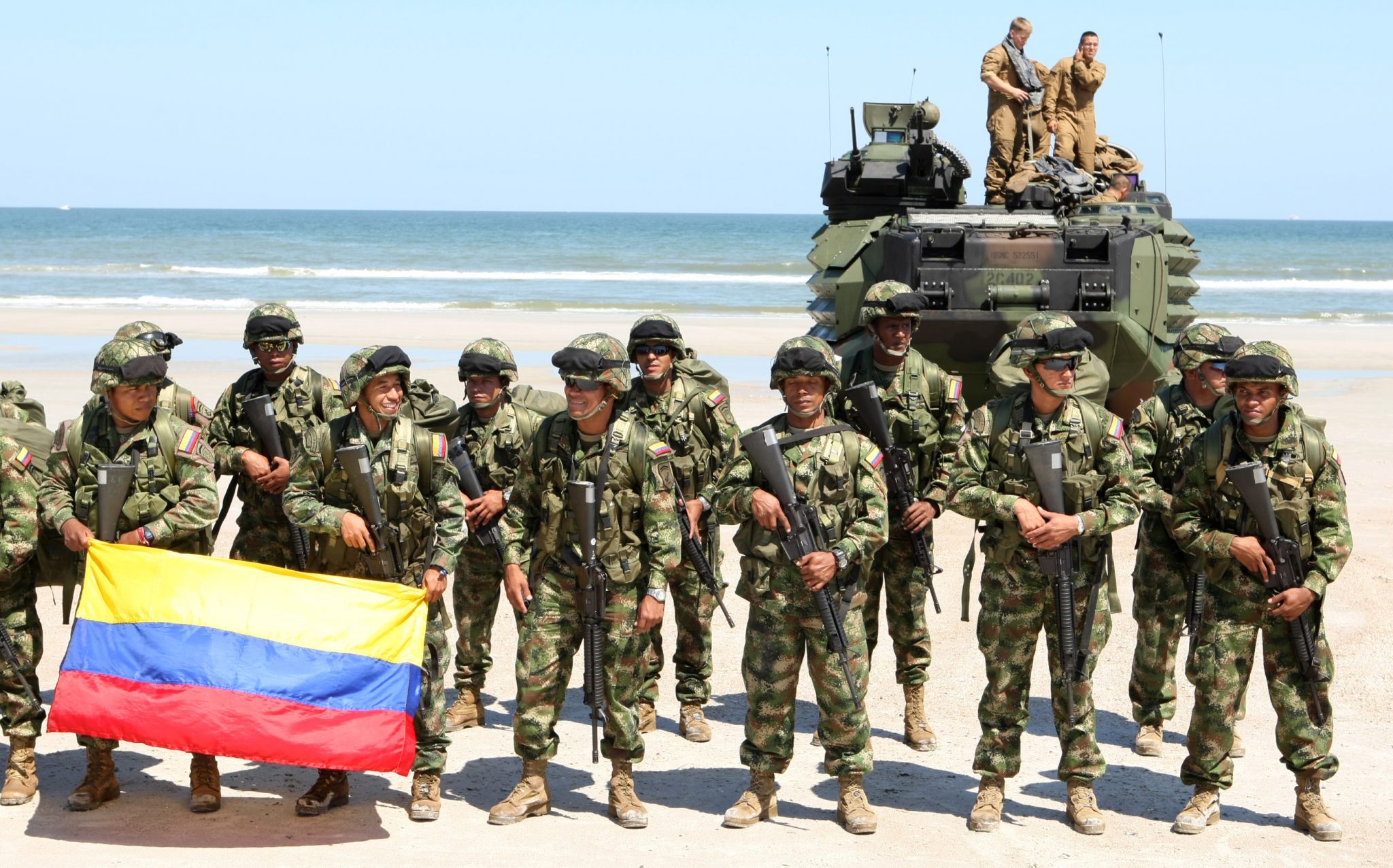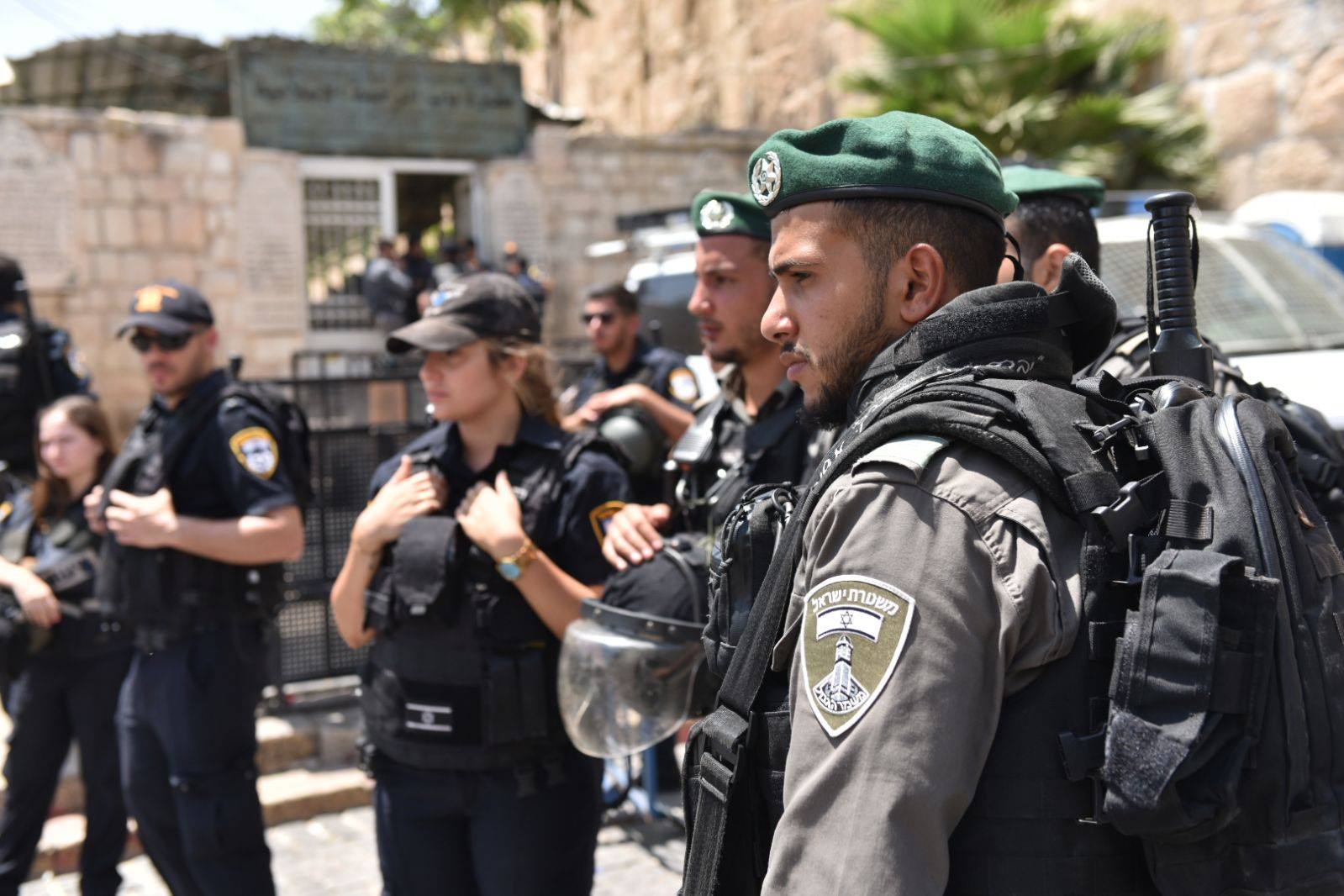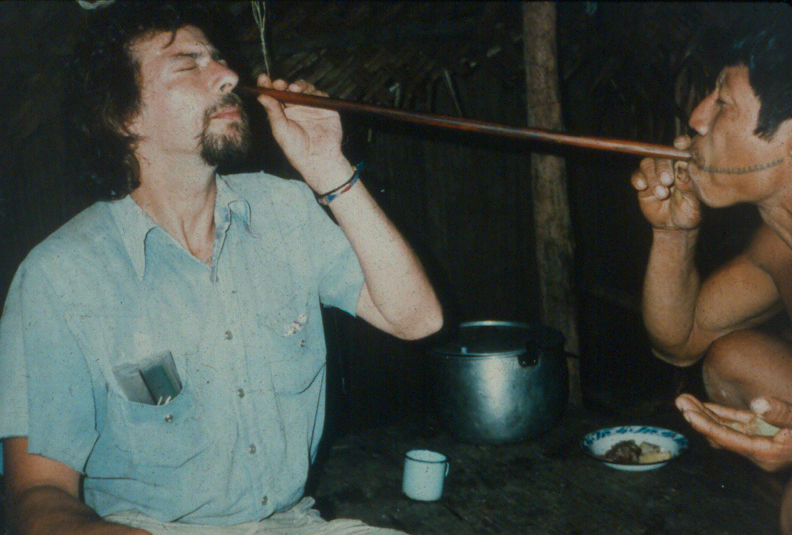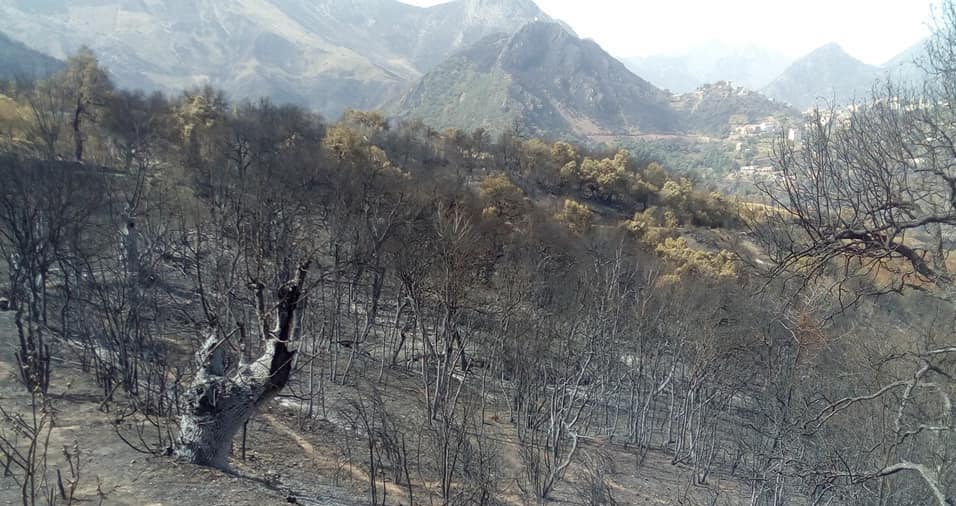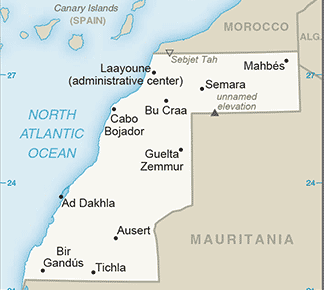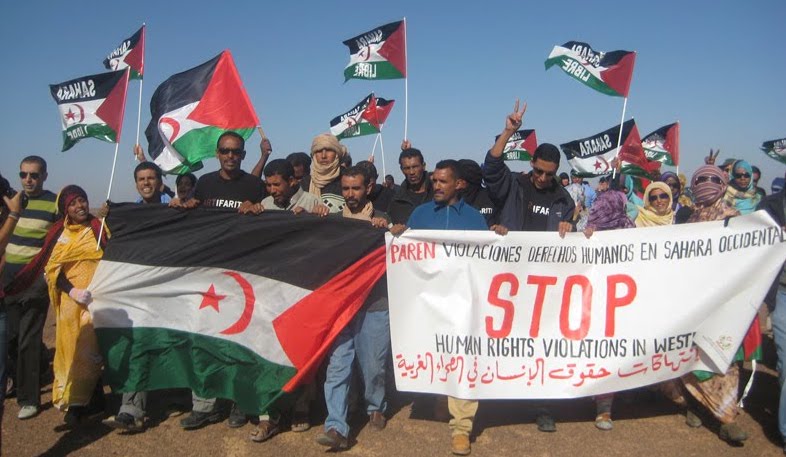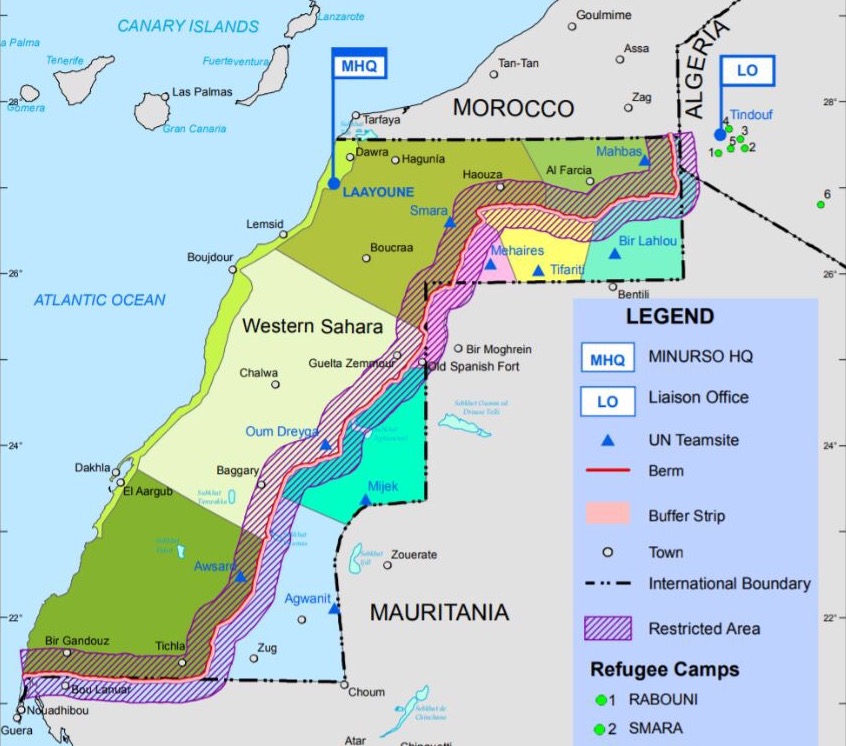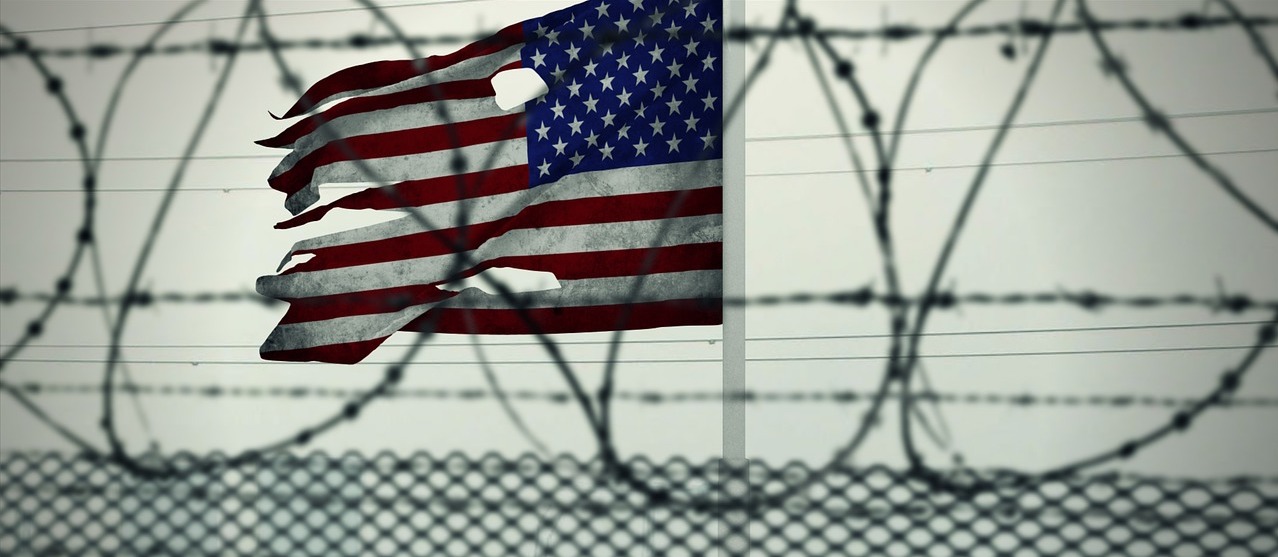
UN documents torture of Gitmo detainee
The UN Working Group on Arbitrary Detention released a report finding that Afghanistan, Lithuania, Morocco, Poland, Romania, Thailand, United Arab Emirates and the US all participated in human rights violations against Abd al-Rahim Hussein al-Nashiri, the man accused of involvement in the bombing of the USS Cole in 2000. Al-Nashiri is currently held at Guantanamo Bay, though he is said to have been previously detained in the territories of each of these countries. The report contains graphic descriptions of “enhanced interrogation techniques” used by the US Central Intelligence Agency, including prolonged forced nudity, sleep deprivation, physical beatings, waterboarding, prolonged forced standing while chained, restrictive confinement in a small box, exposure to cold temperatures, and forced rectal feeding after prolonged food deprivation. (Photo: Pixabay via Jurist)



